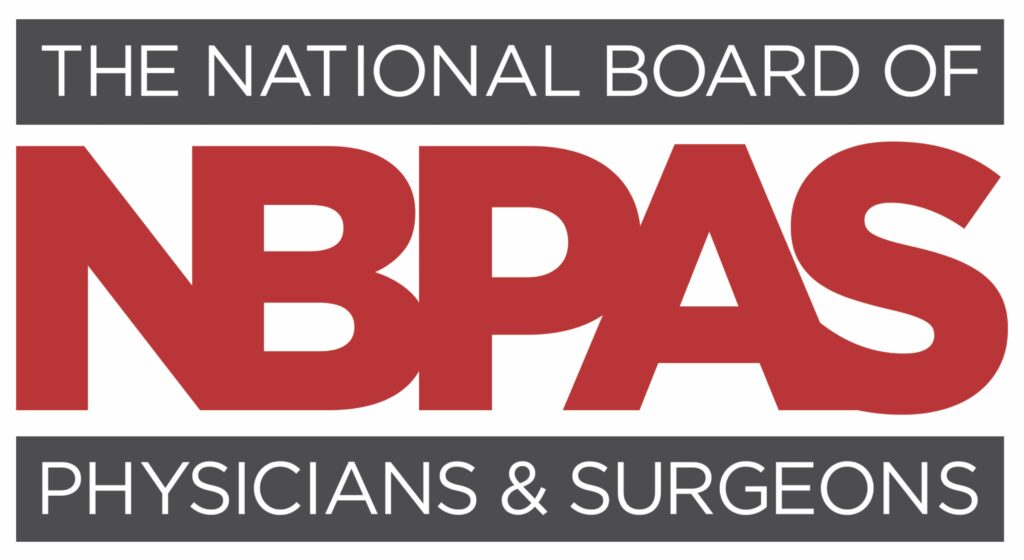
When people consider losing weight, many may opt to try a ketogenic, or keto, diet. This type of diet can offer many benefits, as it relies on a high-fat, low-carb diet for weight loss purposes. When performed correctly, your body may enter into what’s called ketosis, which is where you reap the most benefits from this type of diet.
To ensure you are getting the most out of the keto diet, you’ll want to look out for a few key signs and symptoms that you are in ketosis.
What Is Ketosis?
First, let’s dive a little bit deeper into what ketosis actually is. Ketosis is a metabolic process that occurs in your body when fat is burned—rather than carbohydrates—to produce energy. The process itself gets its name because of chemical compounds called ketones, which are produced by your liver when a proper keto diet is upheld.
When this process is achieved at its fullest effect, your body is considered to be in ketosis. This is where you will reap the most benefits from a keto diet, since fat burn is directly associated with weight loss. Some other health benefits of ketosis can include:
- Managing blood sugar levels
- Protecting brain function
- Improving acne
- Lowering the risk of high blood pressure and cardiovascular disease
- Balancing cholesterol levels
To induce ketosis, a proper diet must be followed. This means dramatically reducing your carb intake and potentially even fasting for long periods of time. However, this does not mean starvation; instead, you should focus on tracking macros (fats, proteins, and carbohydrates) with a high-fat, low-carb, and moderate-protein balance.
7 Signs You Are in Ketosis
The signs and symptoms of ketosis can vary from person to person. Overall, there are a few common ketosis symptoms you should look out for to indicate that your keto diet is working.
1. Weight Loss
As mentioned above, most people try a keto diet when they are trying to lose weight. If you notice those pounds starting to fall off as you step on the scale, your body may be in ketosis.
It’s important to mention that both long- and short-term weight loss will occur. You’ll likely notice an initial rapid decline in weight in the first week or so of your keto weight loss program, but this is typically from the reduction of water weight.
For the long-term, as long as you remain in a calorie deficit—meaning, you are consuming fewer calories than you burn each day—and you are maintaining your diet, you will continue to lose body fat consistently over time.
2. Dry Mouth and Bad Breath
As your body drops water weight, you will likely notice an increase in your thirst levels and a dry mouth. In fact, dehydration can be a common side effect of ketosis if proper diet and nutrition are not followed, potentially leading to other more serious health complications. This is why it’s incredibly important to consistently drink fluids.
You may also experience bad breath while in ketosis. This is because the ketones produced by your liver must leave your body, either through your breath or urine. Ketones like acetone, acetophenone, and benzophenone can all be responsible for the sweet or fruity odor you may notice. While bad breath isn’t always pleasant, it is a sign that your body is entering into ketosis.

3. Fatigue or Sleep Changes
You may experience short-term fatigue or changes in your sleeping patterns during the first few weeks of ketosis. Switching to a keto diet can be a difficult transition for the human body, especially because it’s so used to being fueled by carbs. As a result, you may feel weaker or more tired than usual. You also may experience nighttime waking or difficulty falling asleep.
We see many patients give up on their keto diet when they begin to feel more tired than usual. However, it’s important to understand that fatigue and sleep changes are short-term and should be powered through if you want to benefit from ketosis. Consider taking electrolyte supplements during this time to help with fatigue.
4. Short-Term Decreases in Exercise Performance
Another early sign that you are in ketosis is if you experience a short-term decrease in exercise performance. Because you are no longer fueling your body with carbohydrates, your muscles’ glycogen—a form of glucose—is reduced, which typically is the most effective fuel source for intense workouts.
Fortunately, your exercise performance should return to normal after several weeks. In these cases, it’s much more important to stick with the keto diet for as long as possible, since it can be beneficial for certain sports requiring higher levels of endurance.
5. Muscle Spasms and Cramps
With less water weight and less glycogen stored in your muscles, you may experience muscle cramps and spasms while in ketosis. This can be due to electrolyte and hydration imbalances. Electrolytes are responsible for carrying electrical signals to the cells in your body, and disrupting these signals can often lead to contractions and muscle spasms. Additionally, dehydration often leads to a loss of minerals in your body, which can result in cramping.
To combat muscle cramps, you’ll want to ensure you eat a well-balanced diet full of electrolyte-rich foods, such as those with magnesium, potassium, calcium, and sodium.
6. Appetite Suppression
Being on a ketogenic diet can lead to a decreased appetite. If you find that you’re not as hungry during the day or can go longer between meals, this is a sign that you are in ketosis. One reason for this could be that the change in diet affects your body’s hunger hormones. You are likely also eating more protein than before, making you feel fuller for longer.
7. Change in Bowel Movements
You’ve likely noticed that any large dietary change has a direct impact on your bowel movements. When your body enters ketosis, you may experience several digestion changes that can lead to constipation and diarrhea.
To reduce any digestion or stomach complaints, you’ll want to make sure you’re drinking plenty of water. Additionally, focus on eating fiber-rich foods to help with constipation. Taking probiotics can also be a great way to encourage a healthy gut while in ketosis.
While entering ketosis can result in several changes to your body, symptoms do typically subside and its long-term weight-loss effects are often worth any discomfort associated with it. Of course, if you recently started the ketogenic diet and are concerned about any bodily changes you experience, it’s always best to speak to your doctor.
Mirabile M.D. is here to support your weight loss journey! Contact us today to learn how we can support you!

